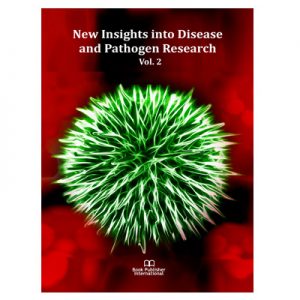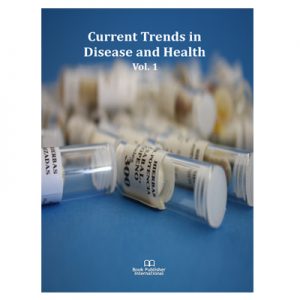This manuscript, “Unveiling the Hidden Costs: Part-1: Introduction,” offers significant contributions to the field of cancer research by illuminating the often-overlooked metabolic costs associated with cancer cell proliferation and survival. It delves into the complex mechanisms of energy consumption and waste in cancer cells, providing a comprehensive analysis that bridges gaps between metabolic reprogramming and cancer progression. This research is crucial as it not only advances our understanding of the Warburg effect and its implications on treatment strategies but also highlights potential metabolic vulnerabilities that could be targeted by future therapies.
The findings presented herein are particularly relevant to current challenges in oncology, including resistance to traditional chemotherapies and the need for more effective, targeted treatment options. By focusing on the metabolic aspects of cancer, this work proposes new avenues for therapeutic intervention that could lead to more precise and less toxic cancer treatments. Moreover, the manuscript acts as a foundational resource that can spur further studies into metabolic reprogramming in cancer cells, potentially leading to groundbreaking discoveries in cancer metabolism and therapeutic resistance.
In summarizing the scientific importance of this manuscript, it is clear that the insights offered could significantly influence ongoing and future research, encouraging a shift towards investigating and exploiting metabolic strategies in the battle against cancer. This approach not only promises to enhance the efficacy of cancer therapies but also contributes to a broader understanding of cancer as a metabolic disease, thus opening up new frontiers in both research and clinical practice.





